The Benefits of Epoxy Flooring for Agricultural Facilities
Agricultural facilities are the backbone of our food supply chain, yet they endure some of the harshest working conditions. From heavy machinery and livestock traffic to exposure to moisture and chemicals, these environments demand durability and efficiency. Enter epoxy flooring—a game-changing solution that offers farmers and agricultural businesses a host of benefits. Let’s explore why epoxy flooring is the perfect fit for agricultural facilities.
What is Epoxy Flooring?
Epoxy flooring is a type of surface coating made by combining resin and hardeners. Once applied to concrete or other surfaces, it cures into a tough, durable layer. This seamless coating is known for its ability to withstand extreme conditions, making it an ideal choice for demanding industries, especially agriculture.
Unmatched Durability for Heavy Traffic
Agricultural facilities operate in demanding environments, with constant activity from tractors, forklifts, and livestock placing significant stress on flooring. Traditional flooring materials often struggle to withstand this wear and tear, leading to costly repairs and maintenance. Epoxy flooring, however, is engineered to thrive in these challenging conditions. Its robust, high-performance surface provides exceptional resistance to cracking, chipping, and abrasion, ensuring long-lasting durability even under heavy foot traffic and the constant movement of equipment.
Beyond its impressive wear resistance, epoxy flooring also excels in impact resistance. The material effectively absorbs the shock of falling hay bales or the impact of heavy machinery, minimizing damage to both the floor and the equipment itself. This inherent resilience significantly reduces the need for costly repairs and maintenance, ultimately contributing to lower operating expenses and a more efficient agricultural operation.
Moisture Resistance: A Must-Have for Agriculture
Agriculture frequently involves the use of water, whether for cleaning equipment, washing down animal areas, or providing irrigation for crops. This constant exposure to moisture can significantly damage traditional concrete flooring, leading to cracks, deterioration, and costly repairs. Epoxy flooring offers a superior solution by creating a robust, waterproof barrier that effectively seals the underlying concrete, preventing water from penetrating and causing damage.
Beyond protecting the structural integrity of the facility, epoxy flooring also plays a crucial role in preventing the growth of mold and mildew. These harmful microorganisms thrive in damp environments, posing a significant threat to both livestock health and the overall structural integrity of the building. By effectively repelling moisture, epoxy flooring minimizes the risk of mold and mildew growth, creating a cleaner, safer, and more hygienic environment for both animals and workers.
Chemical Resistance for Longevity
Agricultural facilities encounter a diverse range of chemicals daily, from fertilizers to cleaning solutions. Epoxy flooring provides exceptional resistance to these chemicals, preventing spills from degrading or staining the floor over time. This robust material boasts a non-porous surface, making cleanup a breeze. Spills can be easily wiped away or hosed down, restoring the floor to its original pristine condition with minimal effort.
Seamless and Hygienic Surfaces
Hygiene is paramount in agricultural settings, particularly those involved in food production or livestock housing. Traditional concrete flooring often contains cracks and crevices where dirt, debris, and harmful bacteria can accumulate, making thorough cleaning difficult and increasing the risk of contamination. Epoxy flooring, however, provides a seamless, monolithic surface that eliminates these harborages for bacteria. This, combined with its ease of cleaning and inherent resistance to microbial growth, enables agricultural facilities to meet stringent hygiene regulations, ensuring the safety of both food products and livestock.
 Improved Safety Features
Improved Safety Features
Agricultural environments present inherent safety hazards. Slippery surfaces, poor lighting, and potential for spills can increase the risk of accidents. Epoxy flooring incorporates safety features to mitigate these risks. Special additives can be integrated into the epoxy to create a textured, slip-resistant surface, significantly reducing the likelihood of slips and falls in areas prone to moisture or grease, such as feed mixing areas or animal washing stations.
Furthermore, epoxy flooring enhances visibility within the facility. Its highly reflective surface maximizes the utilization of available natural and artificial light, reducing the need for excessive lighting and consequently lowering energy costs. This improved visibility enhances worker safety by reducing the risk of collisions with equipment or obstacles in dimly lit areas.
Cost-Effective Solution
While the initial investment in epoxy flooring may seem substantial, it offers significant long-term cost savings. Unlike traditional concrete flooring that requires frequent repairs and replacements due to wear and tear, epoxy flooring is exceptionally durable and requires minimal maintenance. This translates to reduced repair costs, decreased downtime, and increased operational efficiency.
Furthermore, the reflective properties of epoxy flooring contribute to energy savings. By effectively reflecting light, epoxy flooring reduces the reliance on artificial lighting, particularly in large, dimly lit facilities. This not only lowers energy consumption and associated costs but also creates a safer and more productive work environment for employees.
Customizable to Fit Your Needs
Epoxy flooring offers a high degree of customization to suit the specific needs of your agricultural facility. For enhanced safety and organization, different areas can be color-coded to designate equipment storage zones, worker pathways, or hazardous areas. Furthermore, epoxy flooring is available in a wide array of colors and finishes, allowing you to create a visually appealing and professional workspace while maintaining the high level of durability and performance that epoxy flooring provides.
Eco-Friendly Flooring Option
Sustainability is a growing concern within the agricultural sector. Epoxy flooring aligns with eco-friendly practices due to its exceptional durability. This longevity significantly reduces the need for frequent replacements, minimizing construction waste and conserving resources. Moreover, modern epoxy coatings often feature low volatile organic compound (VOC) emissions, making them safer for both workers and the surrounding environment.
Epoxy Flooring for Your Facility
Epoxy flooring is more than just a tough, shiny surface—it’s an investment in the efficiency, safety, and longevity of your agricultural facility. Its ability to withstand heavy traffic, resist moisture and chemicals, and maintain hygiene makes it a standout choice for farmers and agricultural businesses. Whether you’re housing livestock, storing crops, or maintaining equipment, epoxy flooring provides a foundation you can depend on.

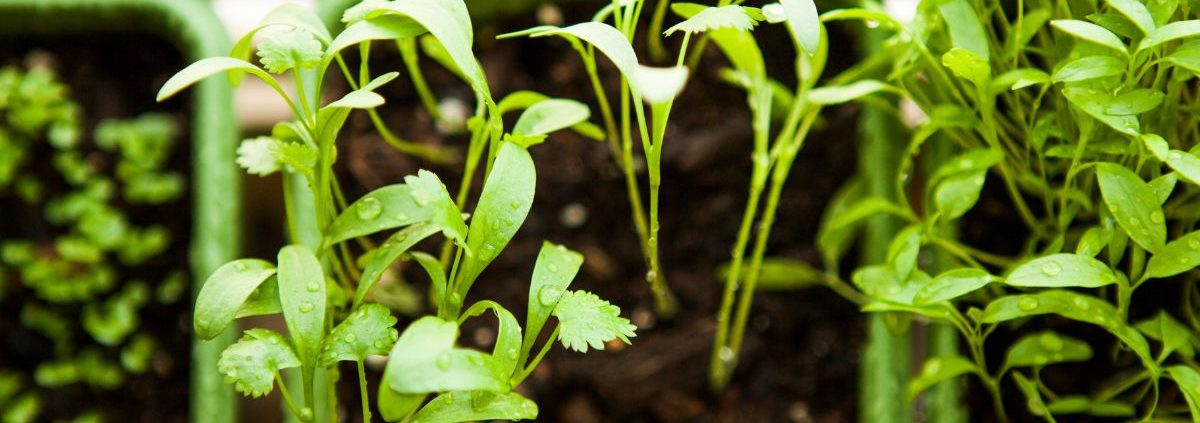
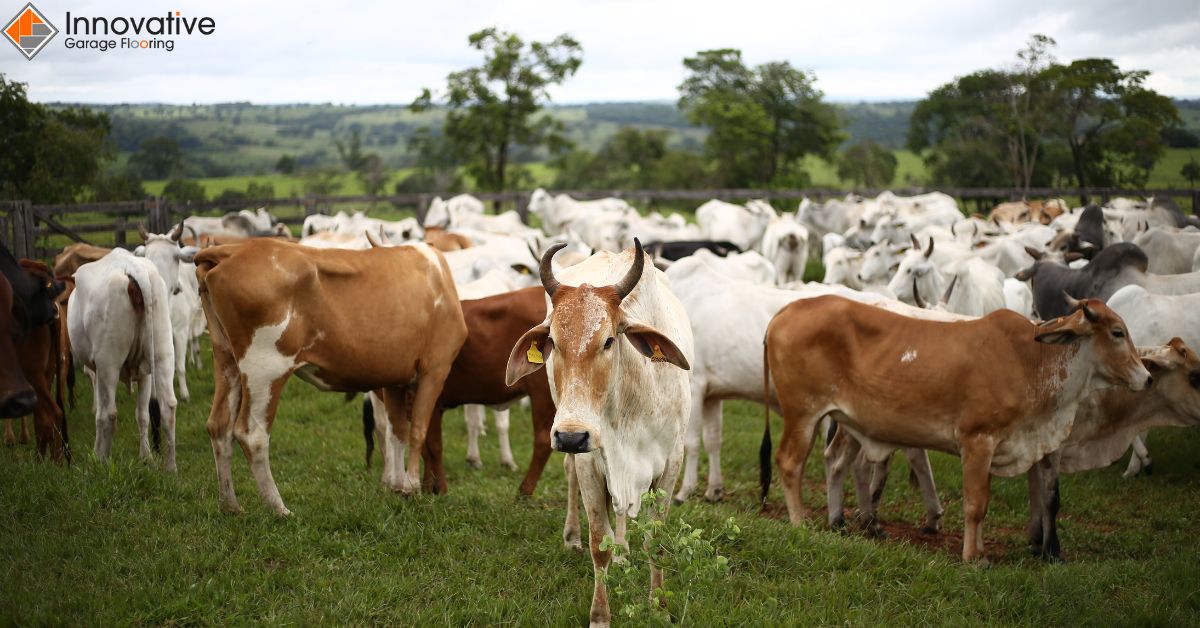 Improved Safety Features
Improved Safety Features
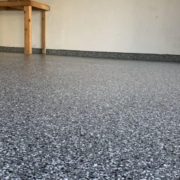

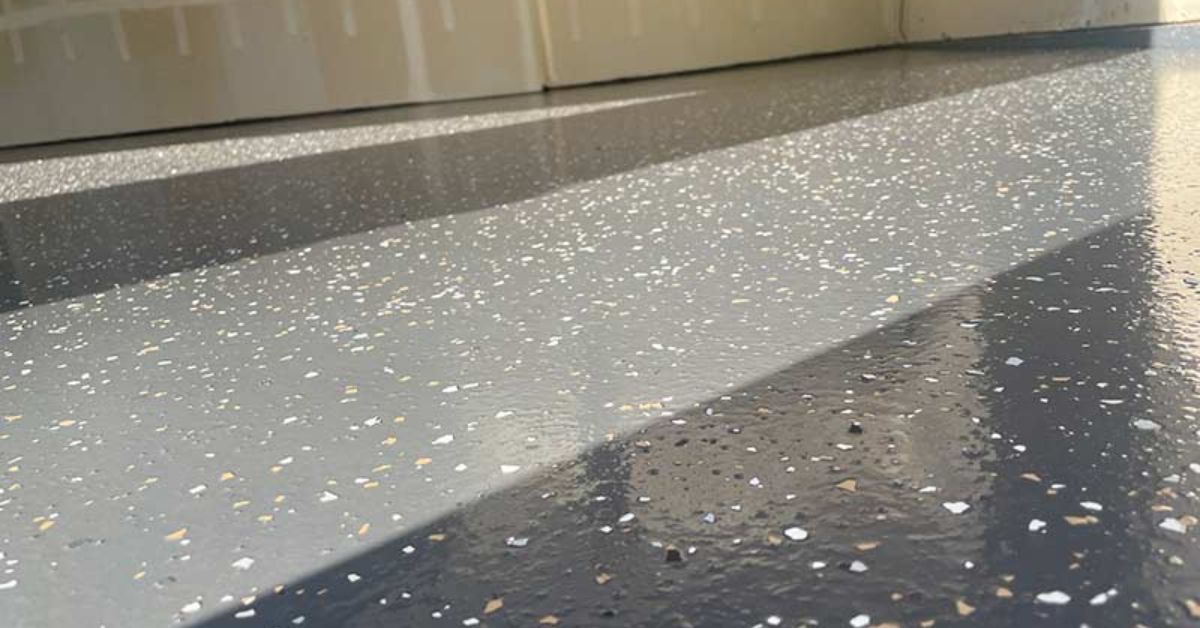

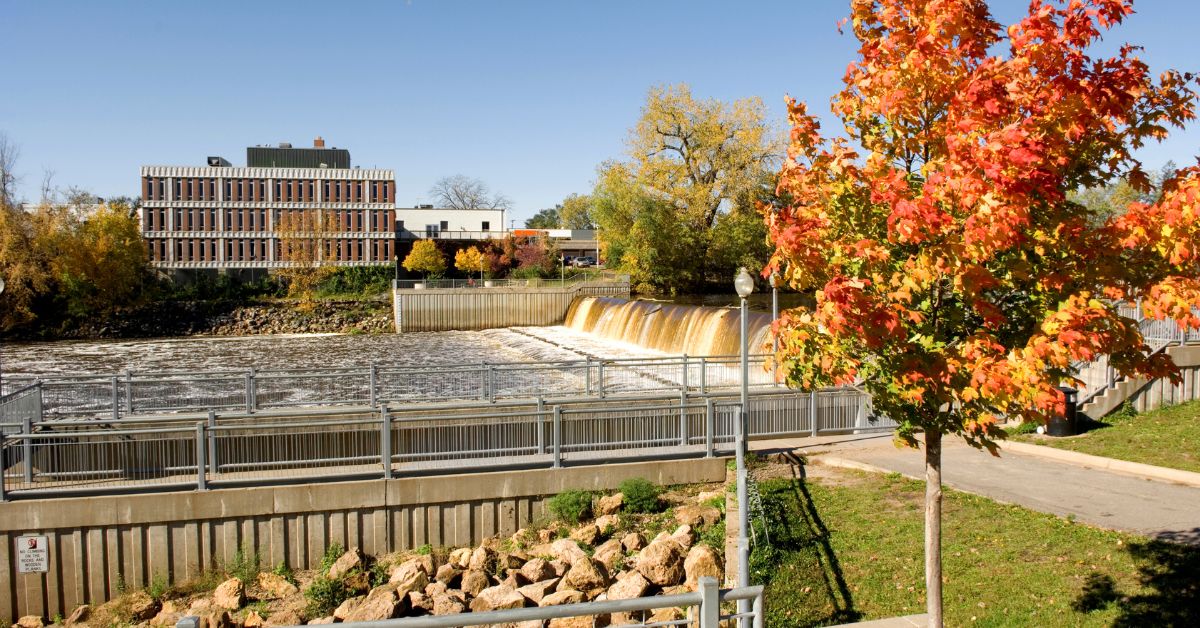





Leave a Reply
Want to join the discussion?Feel free to contribute!